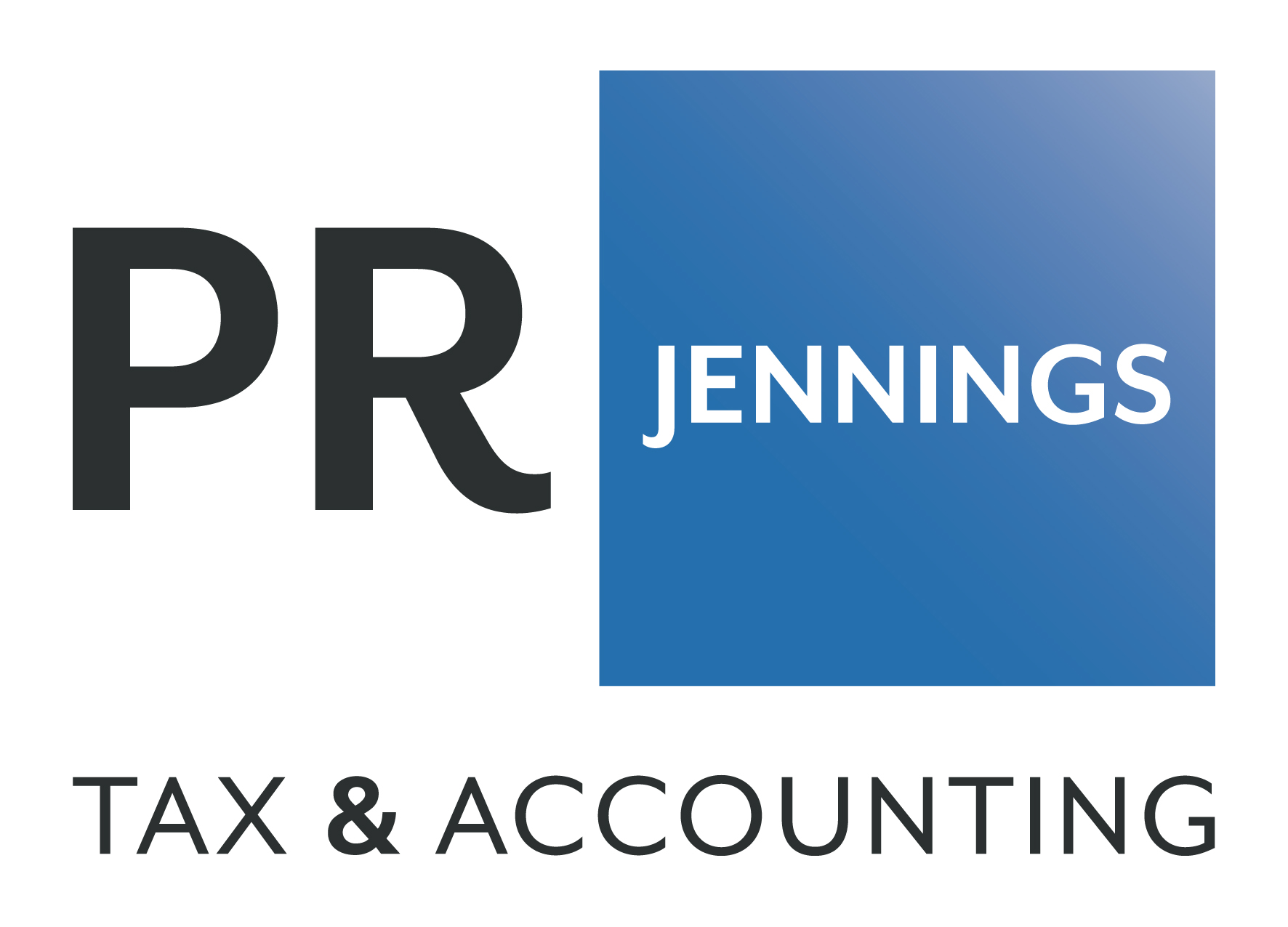Don’t forget about the CGT small business rollover.
For those who run a “small business” and decide to sell it, the various Capital Gain Tax (CGT) small business concessions are invaluable (as has been noted many times before).
Of course, it is great if you can qualify for the “15-year exemption” concession because this will mean that you won’t have to pay any CGT. But this requires, among other things, that you are 55 years or over and are “retiring in connection” with the sale, something that may just not be the case.
But if this is not the case, you may still be able to use the retirement exemption to eliminate up to $500,000 of capital gain.
However, if you are under 55 years of age at the time of the sale of the business then any qualifying capital gain must be paid into your super. You cannot take it directly. On the other hand, if you are 55 years or older you can take it directly without having to pay it into super and spend it as you wish.
But like the “15-year exemption” there are a number of hoops to jump through, especially if the capital gain has been made by a company or family trust you control. And these hoops require, among other things, that the exempt CGT amount is paid to you within the appropriate time limits.
As a last resort, you can use the roll-over in the CGT small business concessions to acquire a replacement asset. However, if a replacement asset is not acquired within two years, then the capital gain is reinstated and taxed at that time.
But this concession is far more than “a last resort”.
In fact, it is a significant (and acceptable) planning device in its own right. Furthermore, it can be used from the start in relation to the whole of the capital gain so that all its benefits can be fully utilised.
And these benefits include the ability to defer the assessment of the gain for up to two years to, say, allow time for you to turn 55 years of age so that you can then use the retirement exemption to take the capital gain CGT-free.
It can also be used to buy you time to meet other relevant conditions to qualify for the retirement exemption – so that when the rolled over gain is reinstated after two years you can then apply the retirement exemption to your benefit. This may be relevant where, for example, the capital gain was made by a family trust, and you need to find a “controller” of the trust in order to use the exemption.
And if nothing else the rollover can give you an extra two years just to think what you are going to do about things, including whether just to do the obvious and buy a replacement business asset (of any type) in the meantime.
So, once again, the advice of your accountant is invaluable in the matter of whether to buy a replacement asset or when (and how) it is best to realise your capital gain.
PR Jennings Pty Ltd – Accountants Mornington - Ph 5975 5183
Disclaimer: All information provided in this article is of a general nature only and is not personal financial or investment advice. Also, changes in legislation may occur frequently. We recommend that our formal advice be obtained before acting on the basis of this information.
Please note we at PR Jennings Pty Ltd are not licensed to provide financial product advice under the Corporations Act 2001 (Cth)and taxation is only one of the matters that must be considered when making a decision on a financial product, including on whether to make superannuation contributions. You should consider taking advice from the holder of an Australian financial services licence before making a decision on a financial product.
